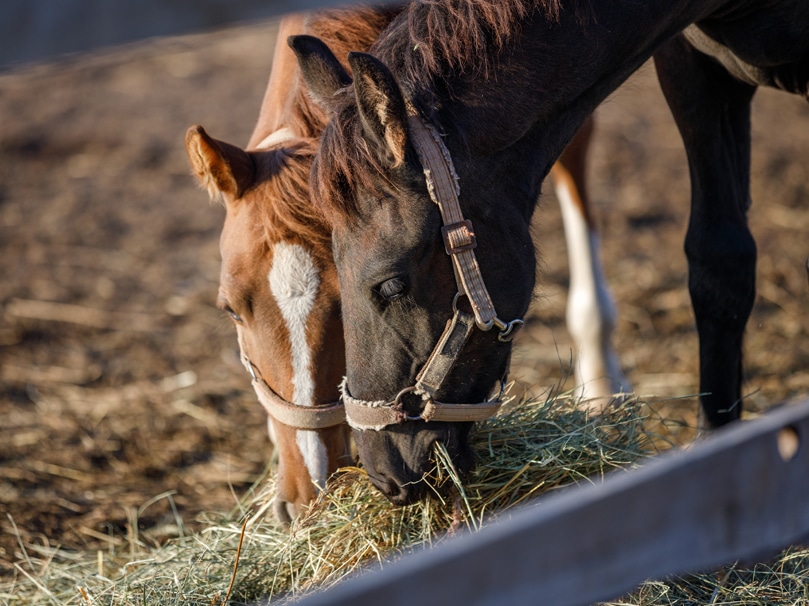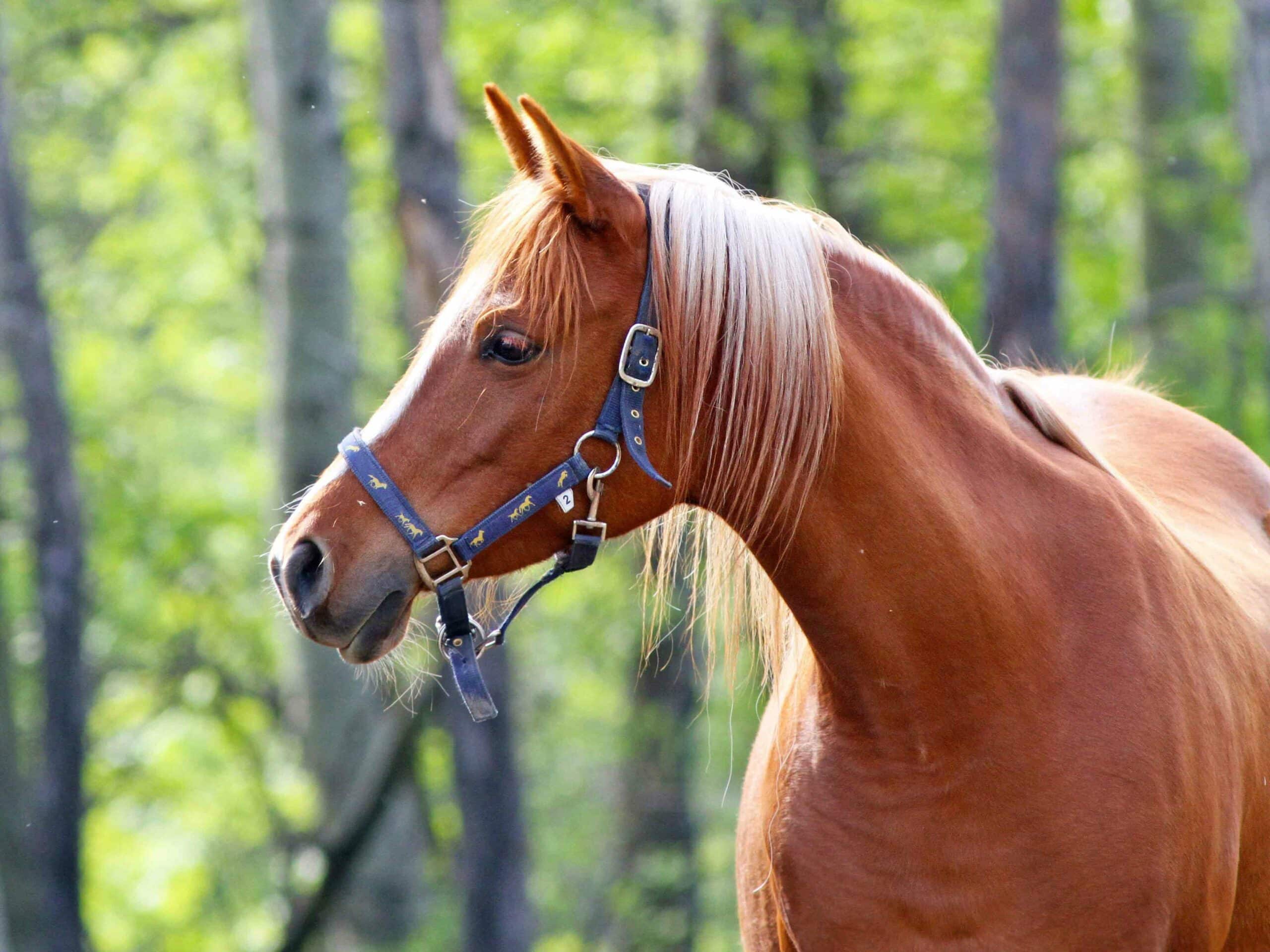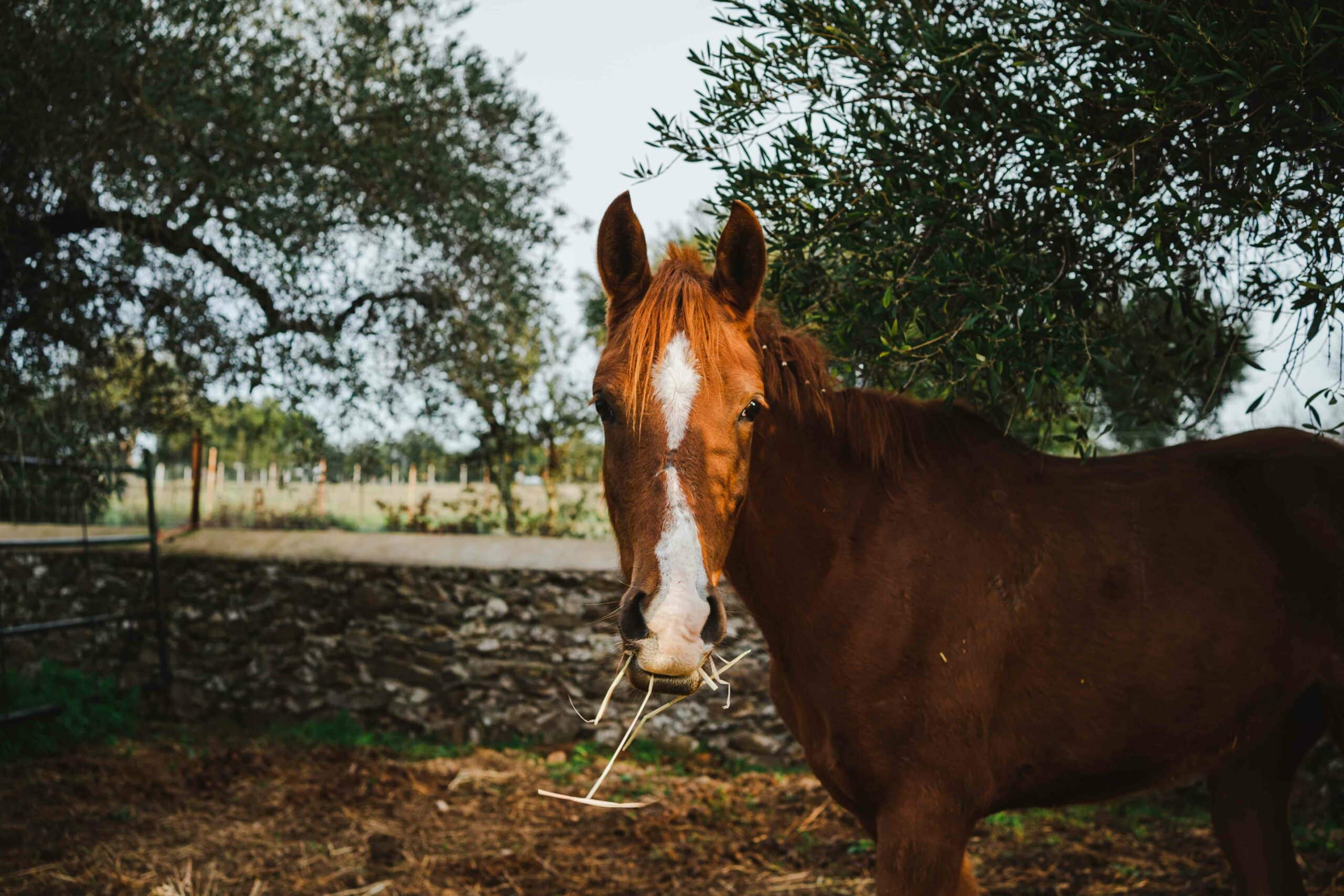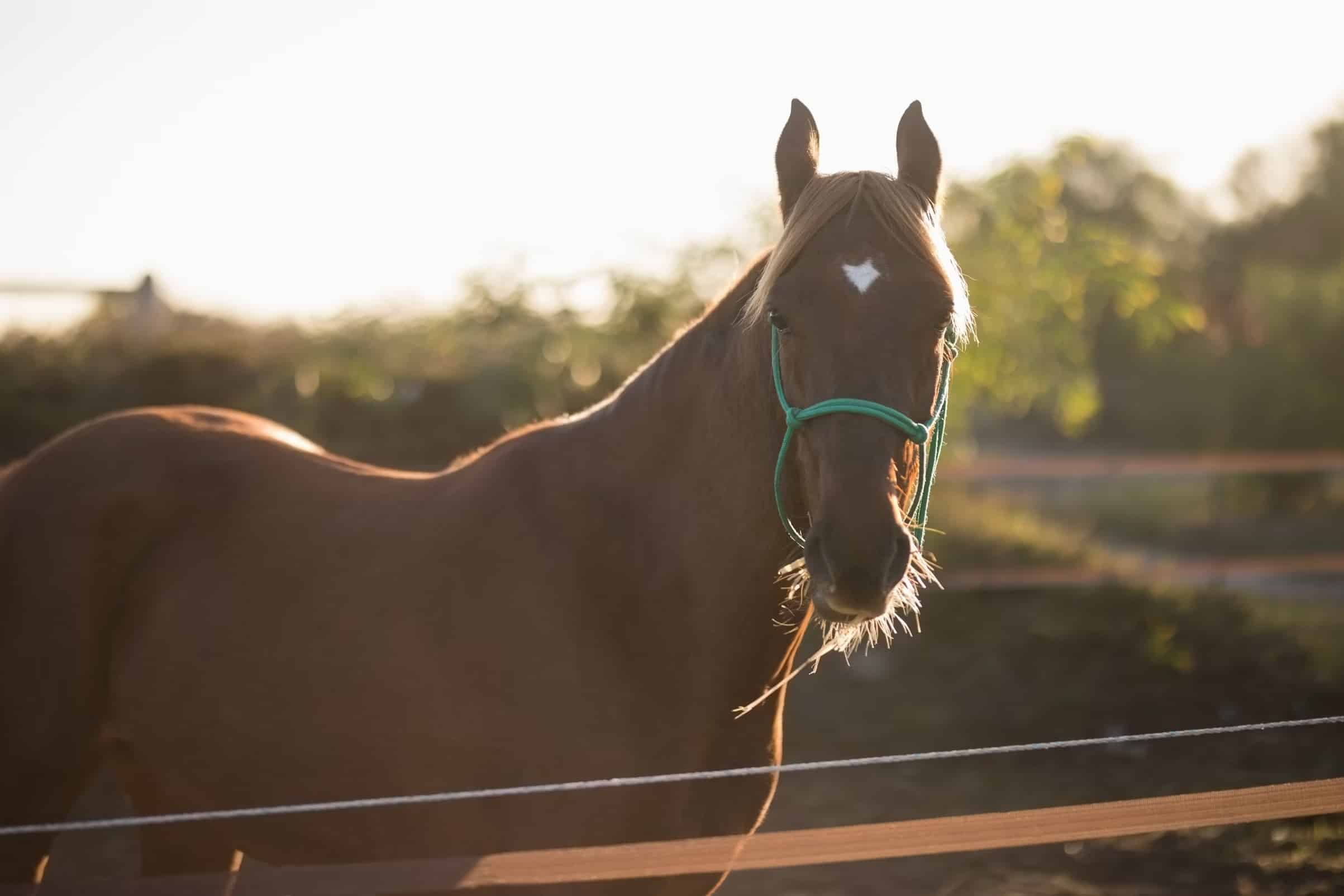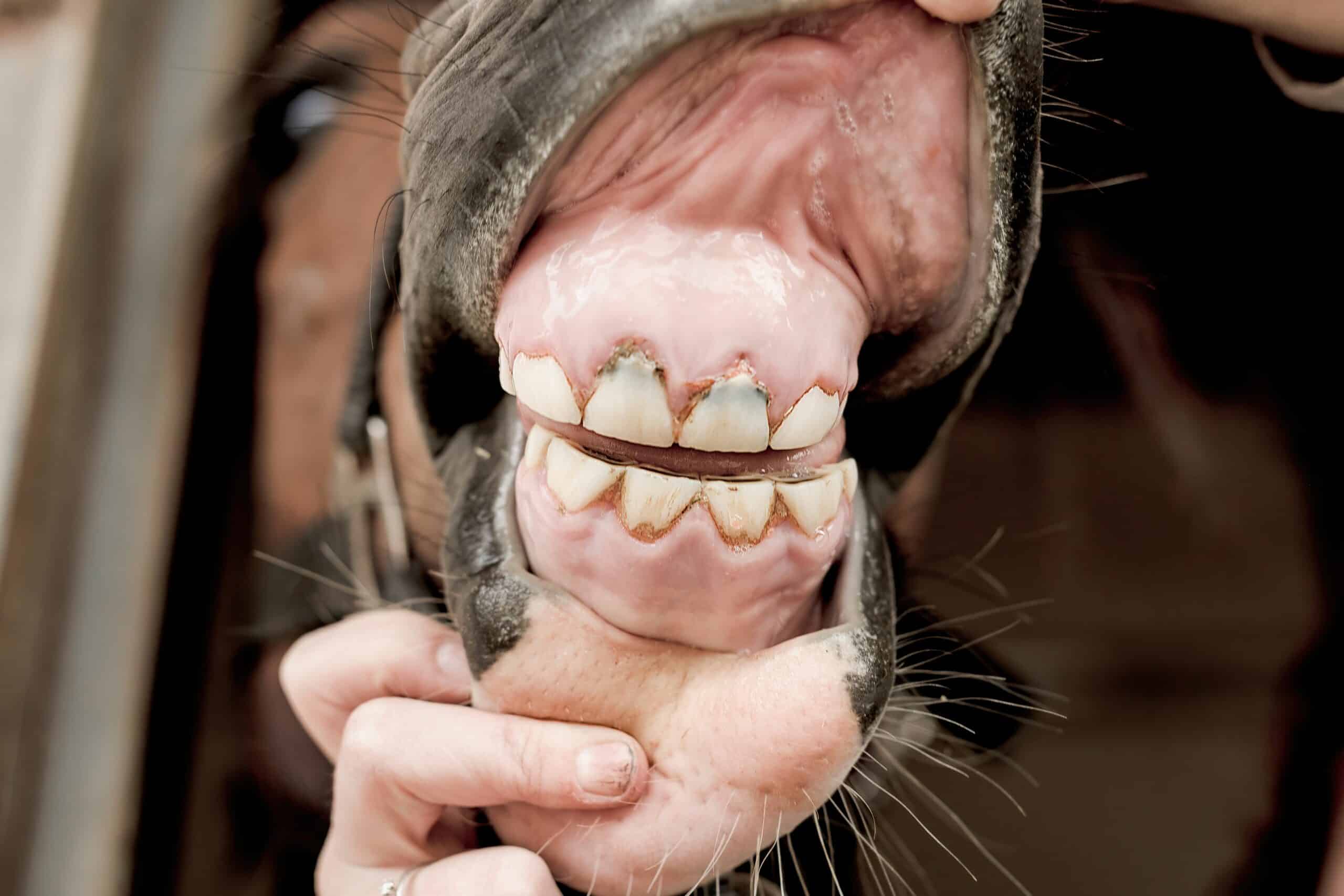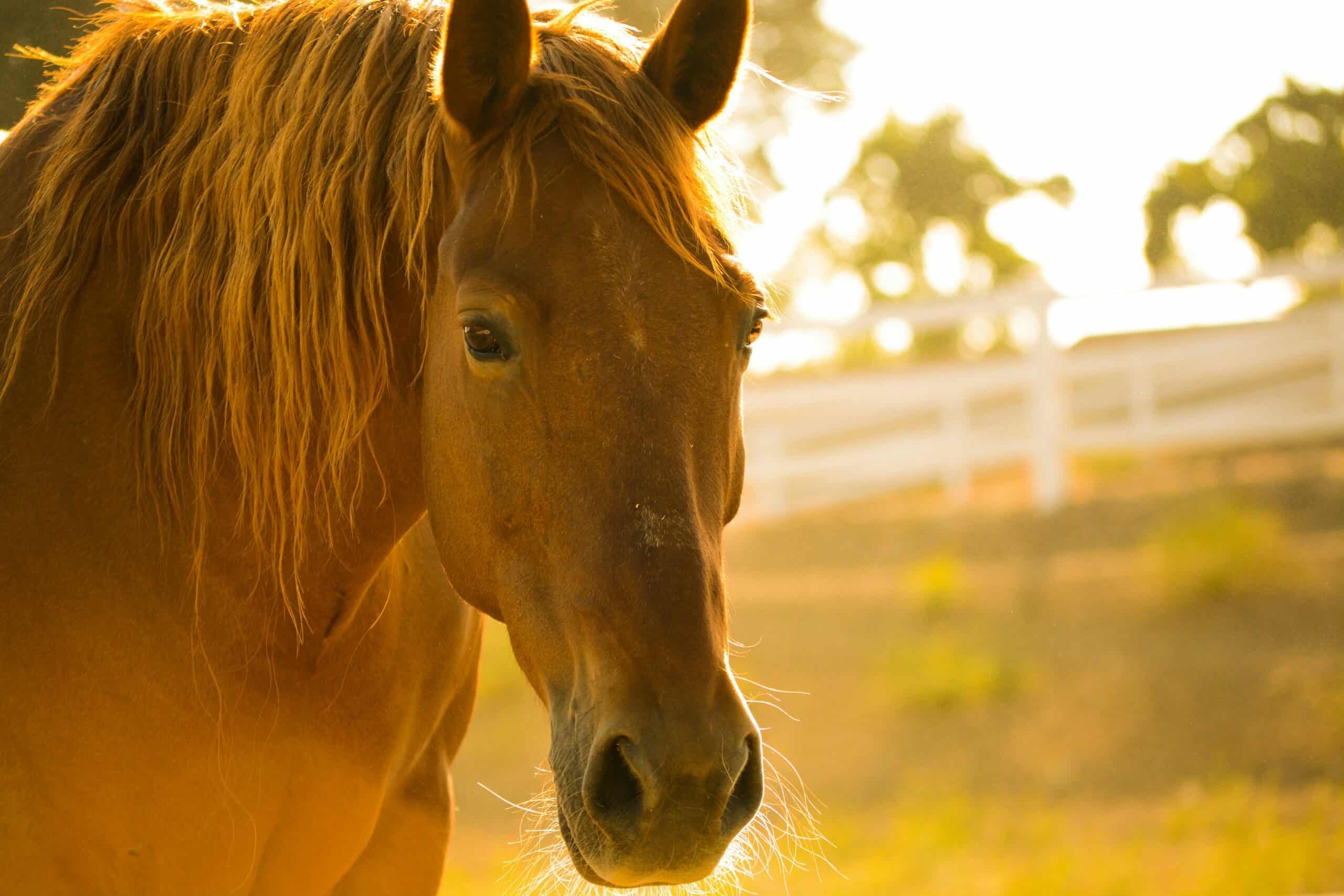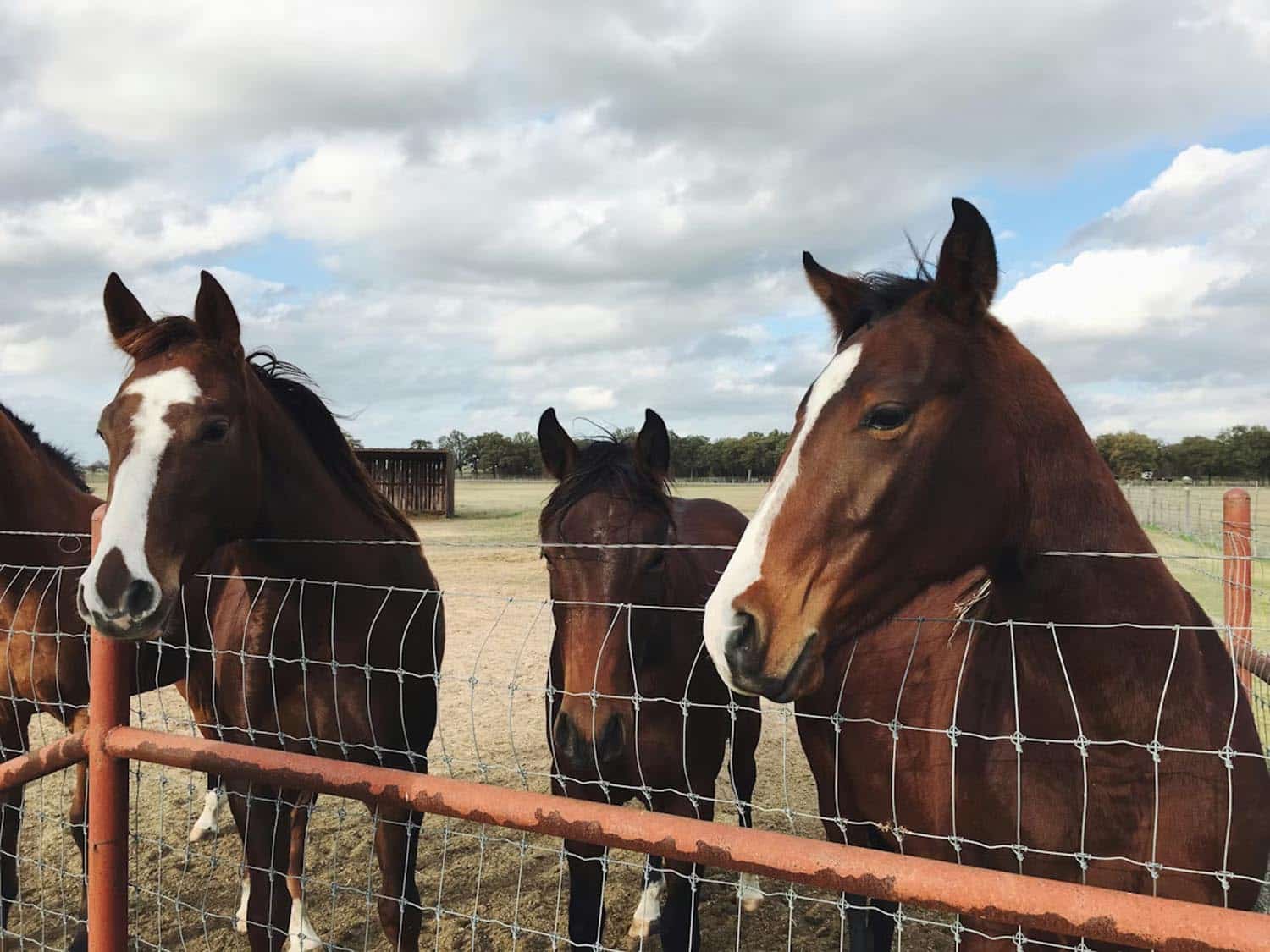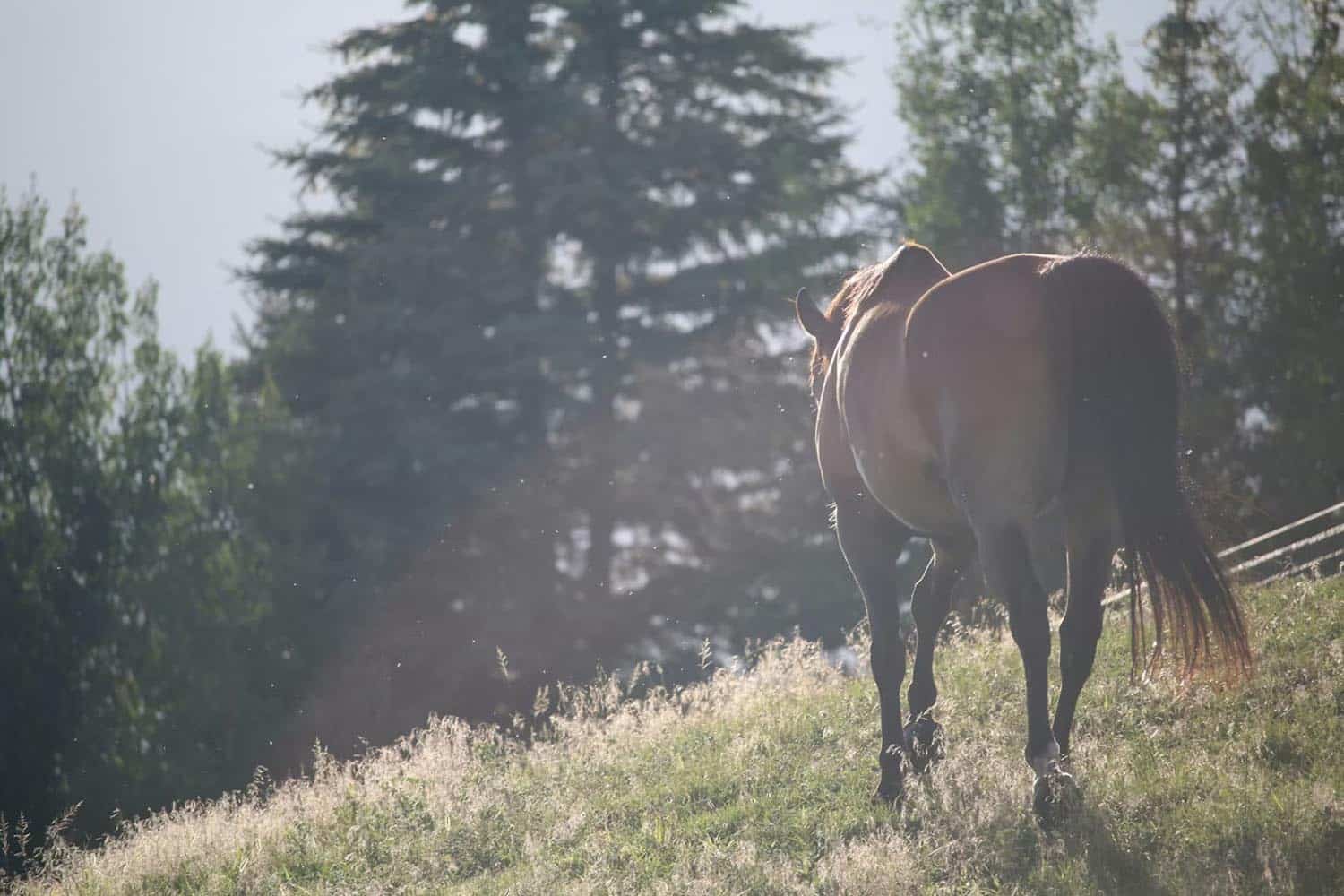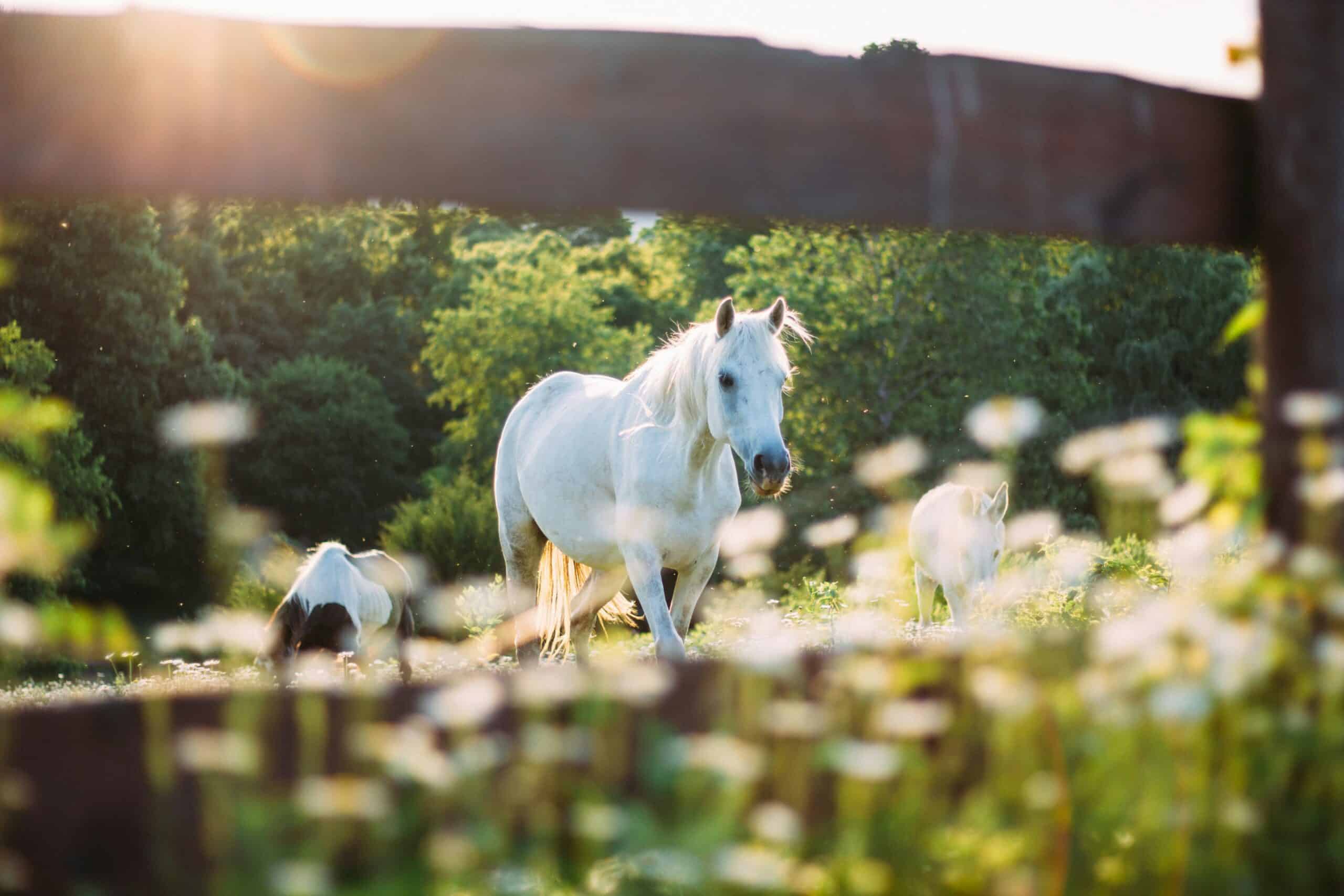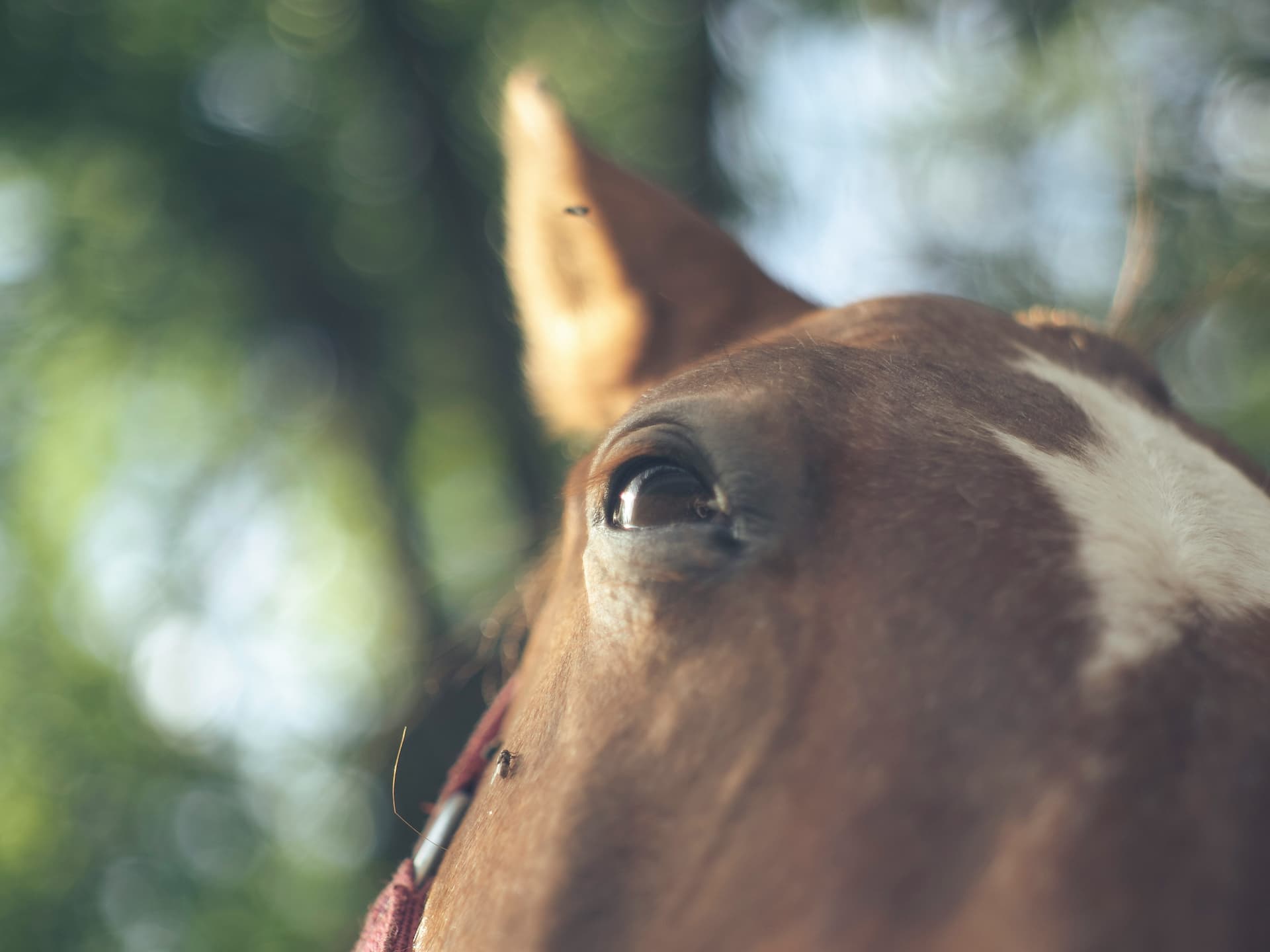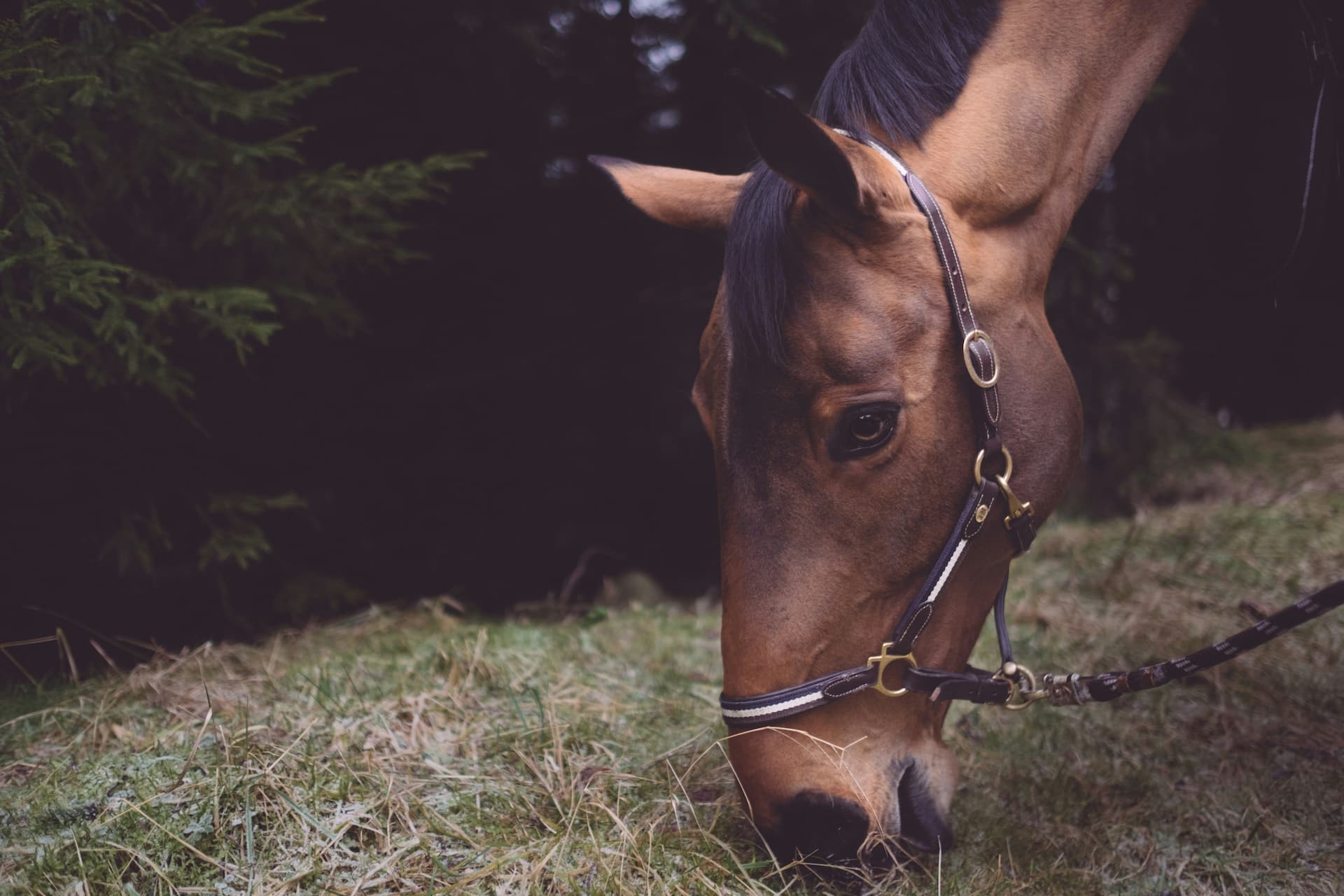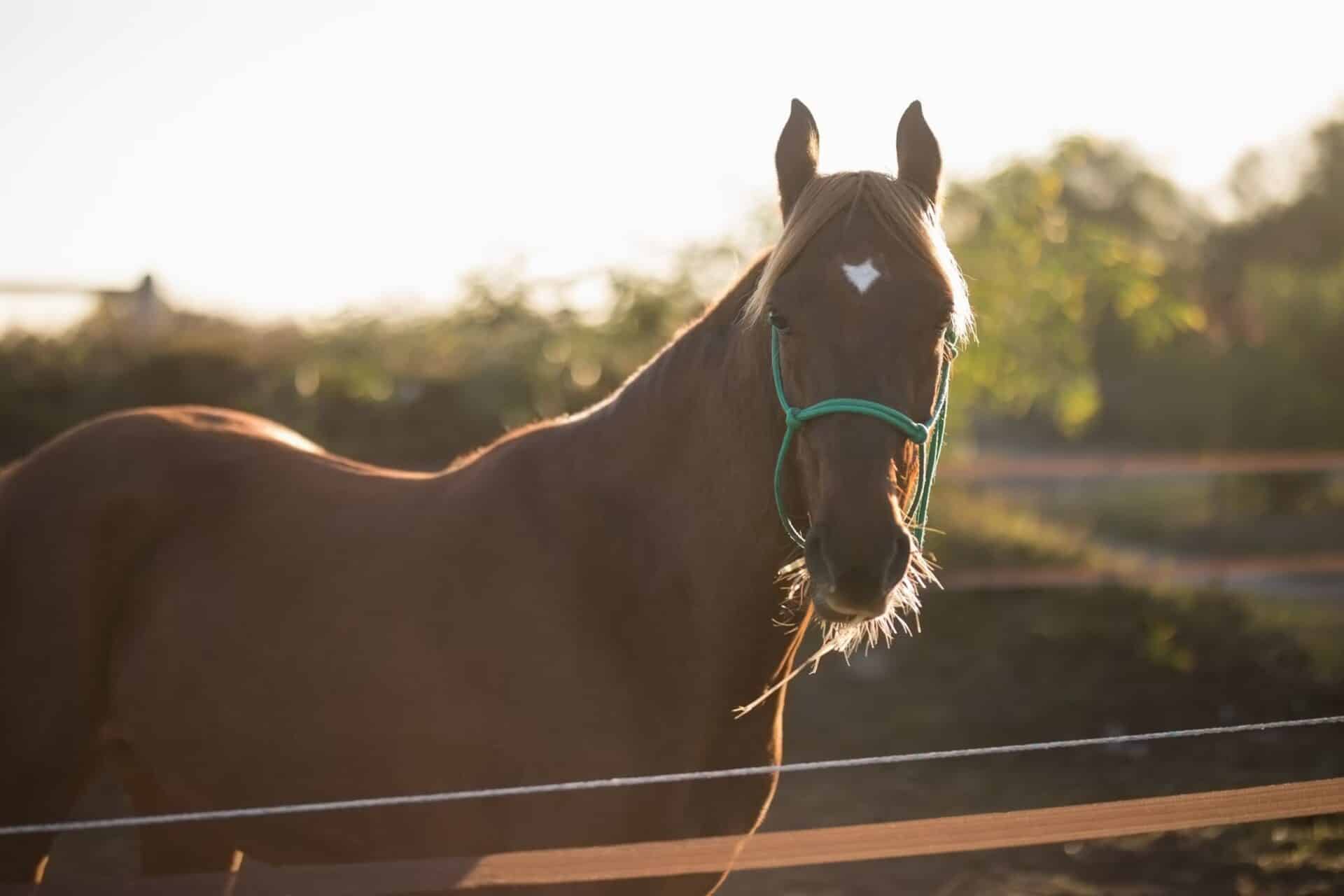
Preparing Your Horse for Spring: Shots and Wellness Essentials
After a long winter of thick blankets, icy paddocks, and slower routines, spring is finally on the horizon—and your horse knows it. The fresh air, longer days, and green pastures bring a welcome change, but they also bring new health needs for your equine partner. As the seasons shift, so should your horse’s care plan.
Spring wellness visits are about more than just checking off a list—they’re your chance to ensure your horse is healthy, strong, and ready for a season of trail rides, training, or show adventures. Whether your horse is a backyard companion or performance athlete, taking time to cover the basics now can prevent health issues later.
Spring Wellness Checks: A Post-Winter Reset
Winter can be tough on horses. Cold weather may have limited turnout or exercise, and frozen ground can affect hoof health and movement. Your horse may have dropped weight, packed on a few extra pounds, or developed stiffness that went unnoticed under thick coats.
A spring wellness exam is the best time to:
- Evaluate body condition and weight changes
- Check for joint stiffness or lameness
- Look at coat condition and skin health
- Examine teeth for sharp points or uneven wear
- Discuss any behavior or appetite changes
Your veterinarian will guide you through all of this during a spring exam. It’s also the perfect time to update medical records and review your horse’s overall care routine for the season ahead.
Core and Risk-Based Vaccines for Spring
Vaccination is one of the most important ways to protect your horse against serious (and often fatal) diseases. Spring is the ideal time to update both core and risk-based vaccines, especially as your horse’s exposure to other animals increases. Here’s what’s typically recommended:
Core Vaccines (Recommended for All Horses)
The American Association of Equine Practitioners (AAEP) recommends core vaccines for all horses, regardless of age, breed, or location. These protect against diseases that are severe, widespread, and often fatal. If your horse only gets one set of shots each year, it should be these:
- Tetanus – Horses are incredibly susceptible to tetanus, a bacteria found in soil and manure. A small cut or puncture can be an entry point. The vaccine is highly effective and considered a must-have annually.
- Eastern and Western Equine Encephalomyelitis (EEE/WEE) – These mosquito-borne viruses affect the brain and spinal cord. They can progress rapidly and often result in death. Vaccinating in early spring ensures protection before mosquito season kicks into high gear.
- West Nile Virus – Another mosquito-borne disease that causes neurological issues. It’s found throughout the U.S. and can be fatal. The vaccine helps your horse build immunity before mosquito activity peaks.
- Rabies – Though rare, rabies is always fatal and can be transmitted to humans. Because there is no cure and the virus is shed in saliva, it’s considered a public health risk. Annual vaccination is simple, safe, and important.
These core vaccines are typically given once a year, and early spring is ideal so your horse is fully protected before the peak of mosquito and outdoor activity.
Risk-Based Vaccines (Depending on Travel, Boarding, or Show Plans)
In addition to the core vaccines, many horses benefit from risk-based vaccinations, which are recommended depending on factors like travel, age, boarding, herd size, and regional disease outbreaks. These include:
- Equine Influenza (Flu) – Highly contagious and spreads through coughing or shared equipment. Horses that travel or compete should be vaccinated every 6 months.
- Equine Herpesvirus (EHV-1 and EHV-4) – Causes respiratory disease, abortion in pregnant mares, and neurological problems. Horses that show, train, or are exposed to new horses regularly may need biannual boosters.
- Strangles – A bacterial infection that causes abscesses in the lymph nodes and throat. It’s extremely contagious and can shut down entire boarding barns. Your vet may recommend a strangles vaccine if your horse is in high-risk environments.
- Potomac Horse Fever – Caused by ingesting infected aquatic insects or snails, especially in regions with rivers or creeks. This vaccine is often recommended in certain geographic areas or if your horse drinks from natural water sources.
Our veterinarian can help determine which risk-based vaccines are right for your horse. While horses that stay home on private property may need only the basics, those that travel, attend shows, or board with other horses benefit from added protection. If you’re in the North Central Texas region, our team at Shalako K Veterinary Medicine can create a customized vaccination plan based on your horse’s routine and exposure risk.
Deworming and Parasite Control
Parasite management isn’t what it used to be. The “one-size-fits-all” rotation plans of the past are being replaced with smarter, targeted approaches based on fecal egg count testing. Spring is a key time to test and plan.
Here’s how to build a spring parasite control plan:
- Perform a fecal egg count to check parasite load
- Deworm only when needed, using the right product for your horse’s results
- Monitor results over time for effectiveness
- Adjust based on your pasture management and herd size
Our vet can help you interpret test results and choose dewormers that work—without contributing to resistance.
Hoof, Dental, and Nutrition Updates
Your farrier probably worked hard to keep your horse’s hooves healthy through the mud, snow, and ice. Now’s the time for a fresh spring check to ensure no bruising, cracking, or thrush has developed. Some horses need changes in trim schedules as they transition from winter turnout to regular work.
Spring is also a good time to:
- Schedule a dental exam or float, especially if your horse showed signs of chewing differently or dropping feed
- Adjust feeding programs as pasture becomes available—too much lush grass too fast can lead to weight gain or even laminitis
- Review supplements with your vet—some horses may benefit from joint, hoof, or digestion support heading into the active season
Travel, Shows, and Spring Adventures
If you’re planning to take your horse on the road this spring, there are a few extra steps to keep in mind. Make sure your horse is up to date on:
- Coggins testing (required for travel and events)
- Health certificates if crossing state lines
- Vaccines for high-exposure environments like shows or clinics
It’s also a great time to talk with your vet about biosecurity tips—things like not sharing water buckets, monitoring temperatures after events, and isolating new arrivals at home.
And remember: a horse coming off winter downtime needs a slow, steady return to work. Conditioning muscles, tendons, and lungs takes time. A solid spring plan can prevent strains and setbacks later on.
Partner with an Equine Vet across the North Central Texas Region
At Shalako K Veterinary Medicine, our team recognizes what spring means for horse owners. It’s the season of opportunity—and the best time to check in on your horse’s health. Whether you’re prepping for pasture, planning a show season, or just excited to get back in the saddle, we’re here to help.
Schedule your spring wellness visit to take care of:
- Vaccinations
- Deworming plans
- Coggins testing
- Travel prep
- Nutrition and supplement guidance
Our mobile vet services also make it easy—we’ll come to you, so your horse can stay comfortable and relaxed in familiar surroundings.
Book your appointment today and let’s get your horse ready for a happy, healthy spring.
Setting the Season Up for Success
Spring is a fresh start, not just for your pasture—but for your horse’s health, too. Taking a proactive approach now can prevent bigger problems later and help your horse feel their best all season long. From vaccinations and deworming to nutrition and hoof care, our team at Shalako K Veterinary Medicine is here to support your horse every step of the way.
Let’s make this your horse’s healthiest spring yet. Give us a call at (214) 551-5334 or schedule online—we’re here when you need us.
